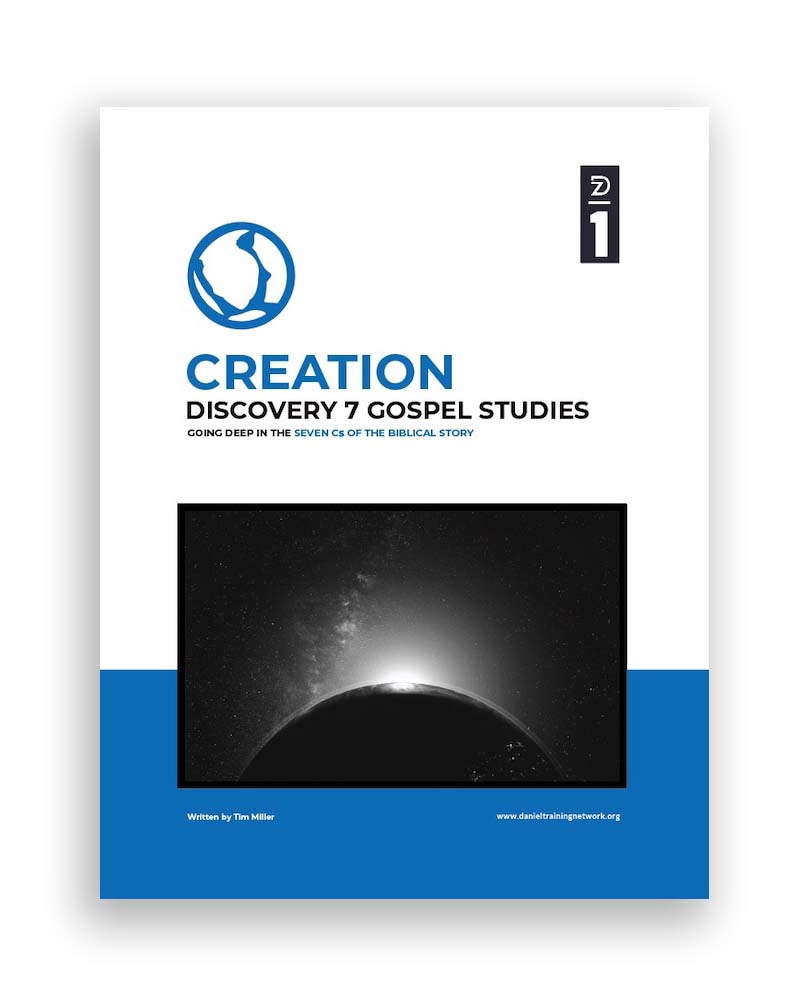The "Who" of Creation
How are we to explain the existence of the universe? Are human beings and the many species of the animal kingdom the only creatures that inhabit the universe, or are there other beings, too, who call the universe home?
According to the Bible, the universe and everything and everyone in it exists not because of impersonal forces or random occurrences, but because of the creative power of one God, who is unique, personal, eternal, and all-powerful, and who is himself uncreated. All things owe their existence and specific design, function, and purpose to the Creator. When God created the universe, he filled it with many different kinds of creatures, some of which are visible to the human eye—such as birds, insects, land animals, water animals, and people—and some of which typically (there are some rare but important exceptions) are not—such as the angels and other heavenly beings who form the divine assembly gathered around God’s throne at the height of the heavens. The different categories of beings that inhabit creation have various God-determined assignments, ranks, functions, and jurisdictions within the created order. The Creator is the great king over all creation, and we, along with everything else in creation, are his subjects (whether we acknowledge it or not).
